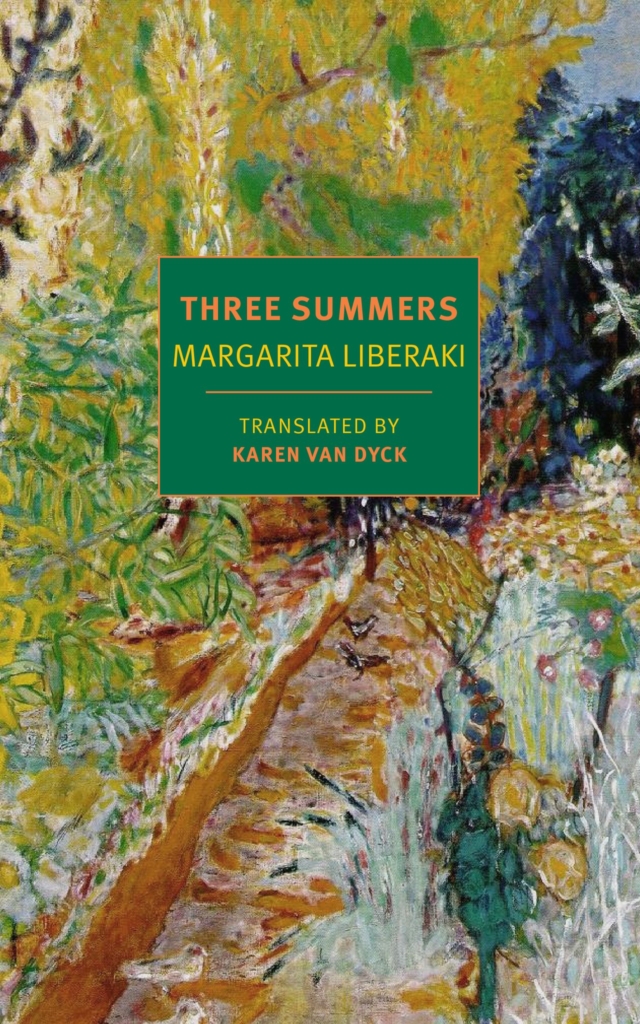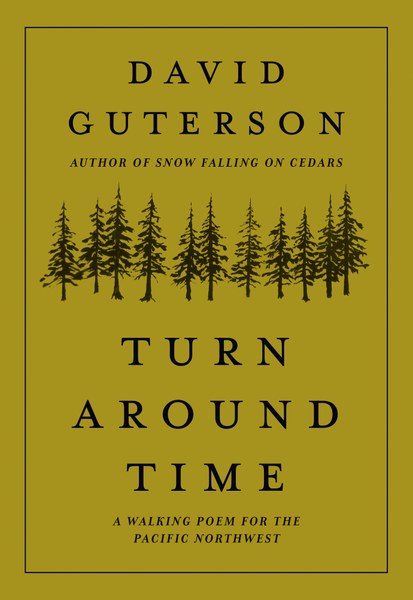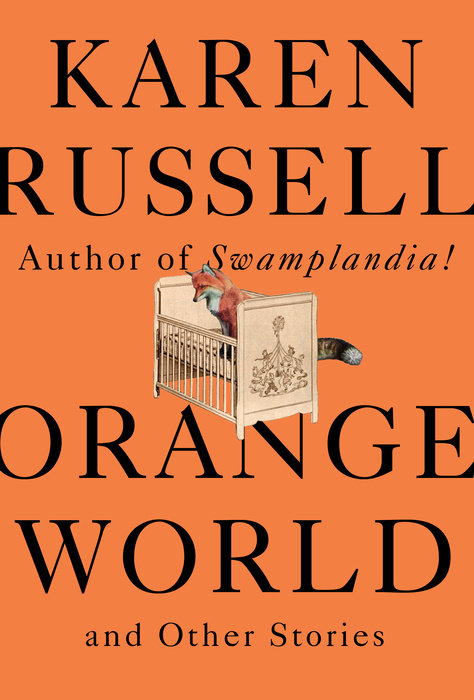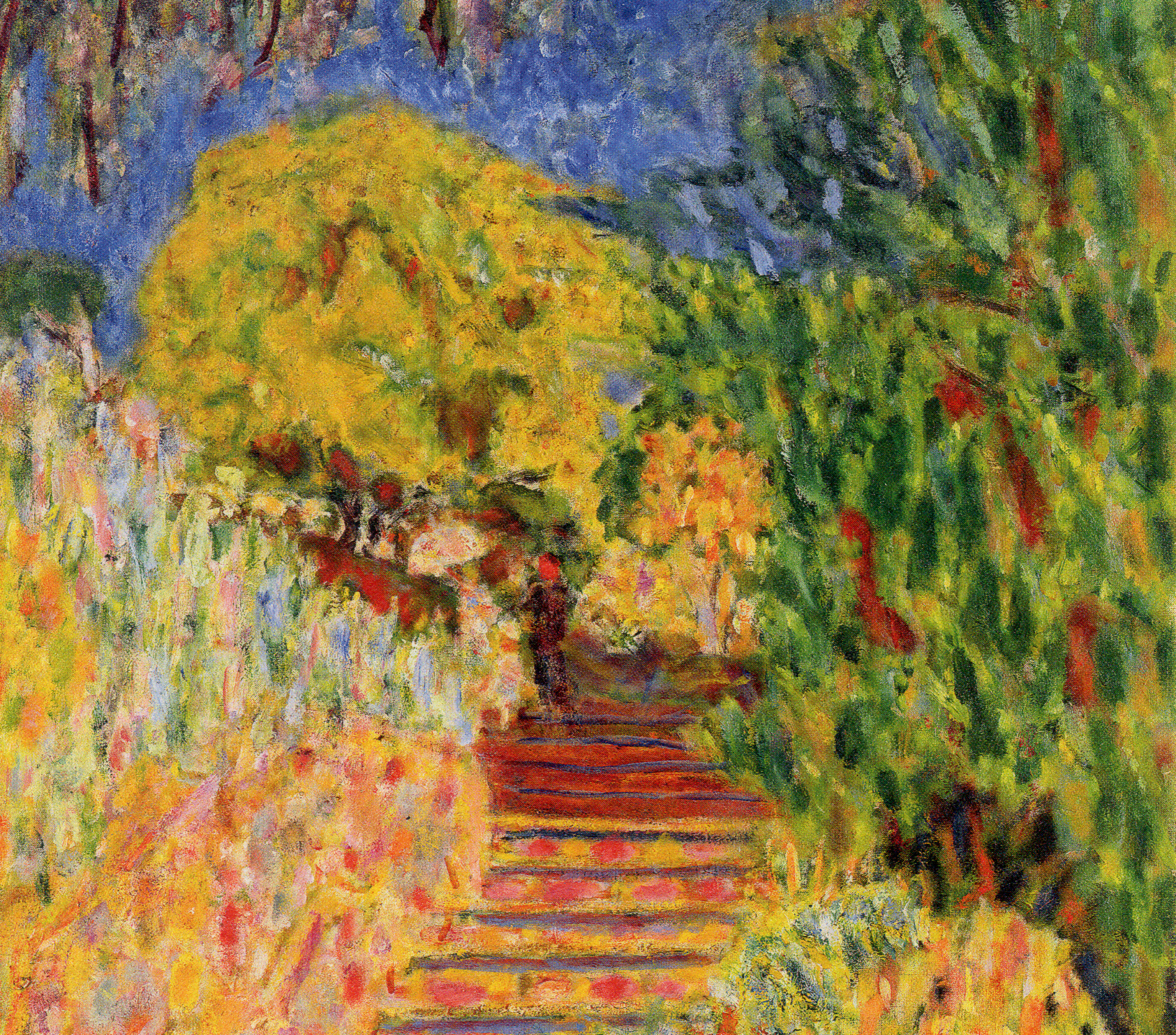
Three Summers by Margarita Liberaki, translated by Karen Van Dyck
Threes unfurl in the aptly (re)titled Three Summers by Margarita Liberaki, richly translated by Karen Van Dyck. The novel follows three sisters, the fledgling novelist and narrator Katerina, the cool and precise Infanta, and the warm, sensual Maria, over the course of three years (three summers, and some other seasons) in the countryside outside Athens. Originally published in Greek in 1946, it is a coming-of-age novel, and a study of a collection of closely connected people (neighbors, love interests, relatives), on the eve of WWII. Where, as Van Dyck notes in an article for The Paris Review, the original title of the book translates to The Straw Hats, the title becomes Three Summers as a means to more innocuously evoke the social milieu of wealthy girls, growing up, learning about themselves and their families, with the summers themselves drawing on the narrative arc. It the novel’s ability to so effectively conjure this social milieu and so firmly plant the reader in the lives of these women that truly renders it breathtaking.
The experience of reading Three Summers is physical. Lyrical descriptions are built using synesthetic language of art and color. Entering the garden feels like being painted into a watercolor or pastel tableau. The product is a world that is both alive and fully saturated, but one where the medium presents itself. Each brushstroke, each pastel-mark, is rendered on the page to be marvelled. The sun-filled landscape, the heat, the beautiful scenery, the shifting colors of the domestic interiors: each is captured lovingly by spirited narrator. An artful novel is deliberate, and an artful novel is aware of itself as art; this narrator, Katerina, who winks and gestures to herself as a narrator, crafts a chorus of voices as she explores the lives of her family and friends. The tableau is opened and expanded, completing, with its own winks and gestures, a ritual of immersion.
-Sam Wilcox

Turn Around Time by David Guterson
In the introduction to his poetry collection Turn Around Time, David Guterson explains the title, a hiking term: it is “that preplanned moment when, no matter what, it’s time to reverse course and head back…It can be too late very early, as it turns out.” This notion of too-lateness, the catastrophe of overextension—of human ability, poetic form, natural resources—permeates Guterson’s wonderfully lyrical work.
For Guterson, poetry is a way to interact with and become the environment; as the reader moves with the speaker up mountains and over rivers, the poetry itself takes on a temporal and textual landscape. Guterson examines the fault lines between description and becoming: when does the poet lose control of the poem’s topography? How does this relate to their lack of control over the natural world?
The poems are sharply conscious of the earth’s changing climate and whether we as a species are past saving, beyond turn around time: “late glacial till turned the current to a surface, / a scrim that’s a bath for our debris and not a mirror, / a gush amniotic and—ask Narcissus—useless.” The collection’s treatment of catastrophe, both natural and anthropogenic, is also heightened by its awareness of literary history. Exploring such moments as Job’s conversation with God and Milton’s description of Adam and Eve’s exit from Eden (“They’re freed by stain / to choose their resting place, / as are we, in scree-filled basins”), Turn Around Time is uninterested in condemnation. Rather, it embraces the moments that exist between origins and ends, moments glorious in their quiet and predetermined restraint, giving the collection a power that echoes beyond its own conclusion.
-Spencer Grayson

Orange World by Karen Russell
The best word to describe Karen Russell’s collection of short stories, titled Orange World is “escapism.” Each story transports the reader to a world like our own, but not quite. Russell’s vivid prose fully immerse the reader into this surreality. Orange World is a book best read when the real world feels too plain and heavy. Russell’s characters are on the run from the plain heaviness found in the real world and their stories drag the reader into other worlds where surreality is the norm and nothing is ever quite what it seems. In “The Prospectors,” two young women flee the lives they lead in a depression-era resort on the coast of Florida, finding themselves at a lavish party on top of a mountain in Oregon with the ghosts of men who don’t know they are ghosts. In “The Bad Graft,” two lovers run from the mundanity of Pennsylvania and find themselves taken over by the spirit of a Joshua Tree in the desert of California.
Russell’s landscapes are rich, enticing, and magical—truly an antidote for the grind of everyday life in the real world. As the greyness of winter settles over New York, I find myself returning to Orange World where I can place myself in the middle of a high school romance with a romanticized corpse, or interacting with storms as if they were masterpieces cultivated for destruction, or seeing the world through the eyes of a troubled greyhound. Russell is a master at taking an already strange world turning it into a great adventure. When you finish Orange World, the real world will begin to appear to you as a stranger, more wonderful place.
-Elizabeth Meyer
